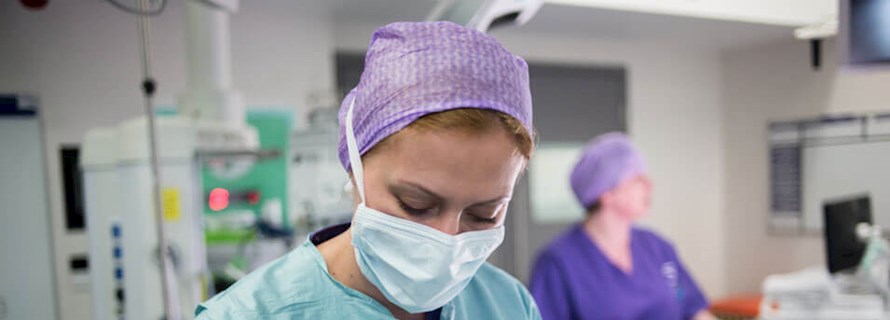Fasting lipid measurement test
LIPID PANEL Blood TEST
HCA UK offers lipid measurement blood tests, which assess your risk of developing cardiovascular disease and heart disease
What is a lipid panel blood test?
A lipid panel test measures specific types of fats (low-density lipoprotein and triglycerides) in your blood.
This blood test assesses your risk of developing cardiovascular disease (CVD), heart disease and stroke.
For accurate results, it's recommended that you fast for around eight or nine hours before the blood test — anything you eat may skew the test results.
This blood test assesses your risk of developing cardiovascular disease (CVD), heart disease and stroke.
For accurate results, it's recommended that you fast for around eight or nine hours before the blood test — anything you eat may skew the test results.
Need to know
-
What happens during a lipid blood test? icon plus
A blood sample is taken from a vein in your arm — your nurse or phlebotomist will explain the procedure to you. If you're concerned about fainting or have worries about needles, you may be able to have a blood sample taken while you're lying down. If the procedure has made you feel lightheaded, you'll be invited to remain in the department until you feel fully recovered. -
How to prepare for your blood test icon plus
Your consultant or nurse will explain the test to you and answer any questions you may have. You should let them know if you are taking any blood thinning medication or if you have a condition that makes you more likely to bruise or bleed.
Please fast (don't eat anything) for around nine hours before your blood test, though you may drink a little water. Having a blood sample is a very simple and safe procedure, but it's normal to feel a little anxious. You're welcome to bring a friend or relative with you to your appointment. -
After your blood test icon plus
You may have some discomfort, redness or bruising in the area after your test, but this shouldn't last long. Your test results will usually be available within a couple of days. Your consultant will explain how to understand the different types of lipids measured.
Increased levels of low-density lipoprotein could mean an increased risk of heart disease or stroke, while excess triglycerides could mean an increased risk of developing cardiovascular disease. Depending on your results, your consultant might recommend diet, medication or lifestyle changes to help lower your cholesterol.
Our consultants
We're proud to work with leading cardiac experts across a range of medical fields, whose skills are matched by their integrity and compassion.




Our locations
From complex cardiac surgery to diagnostic tests and procedures, we provide exceptional cardiac care across our network of hospitals, outpatient centres and specialist clinics.
Book an appointment
Our team can help with any enquiries or you can make an appointment with one of our experienced consultants.
Call us today
020 7079 4344
This content is intended for general information only and does not replace the need for personal advice from a qualified health professional.